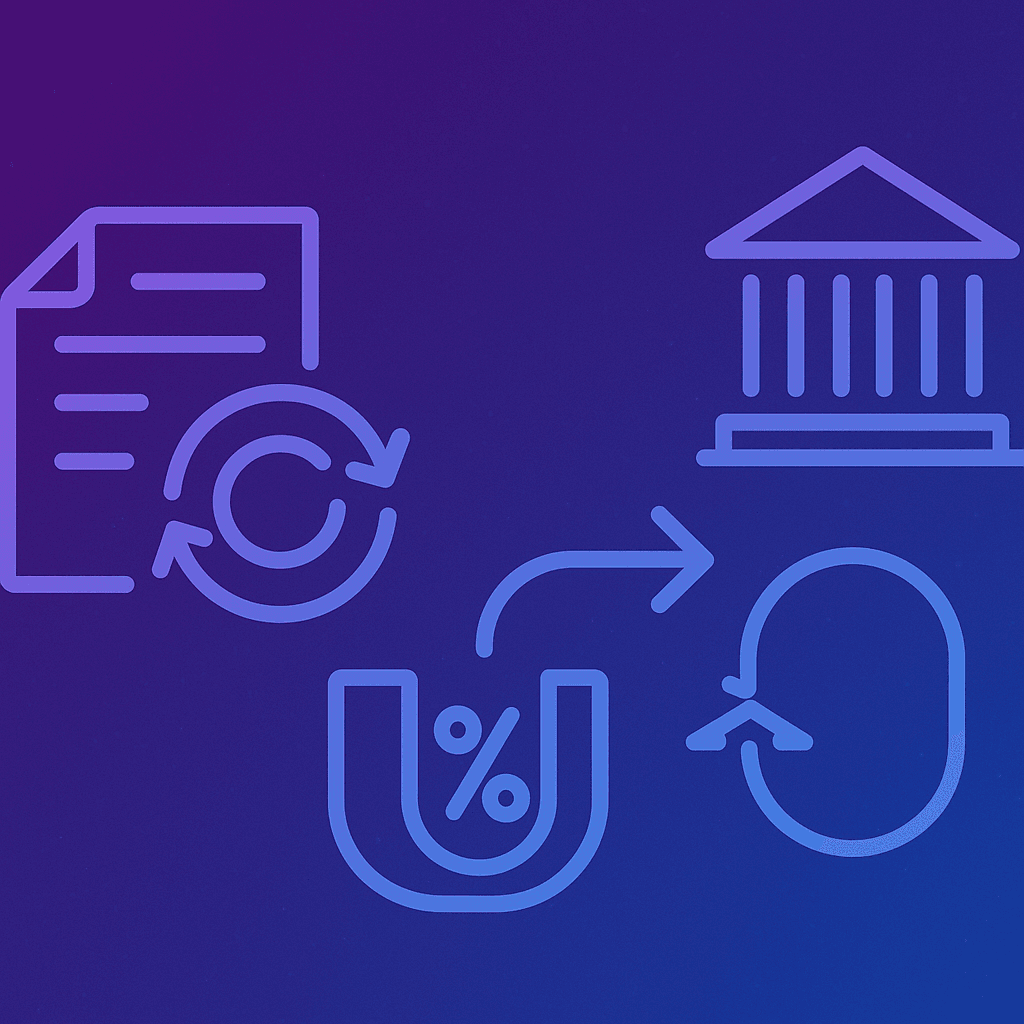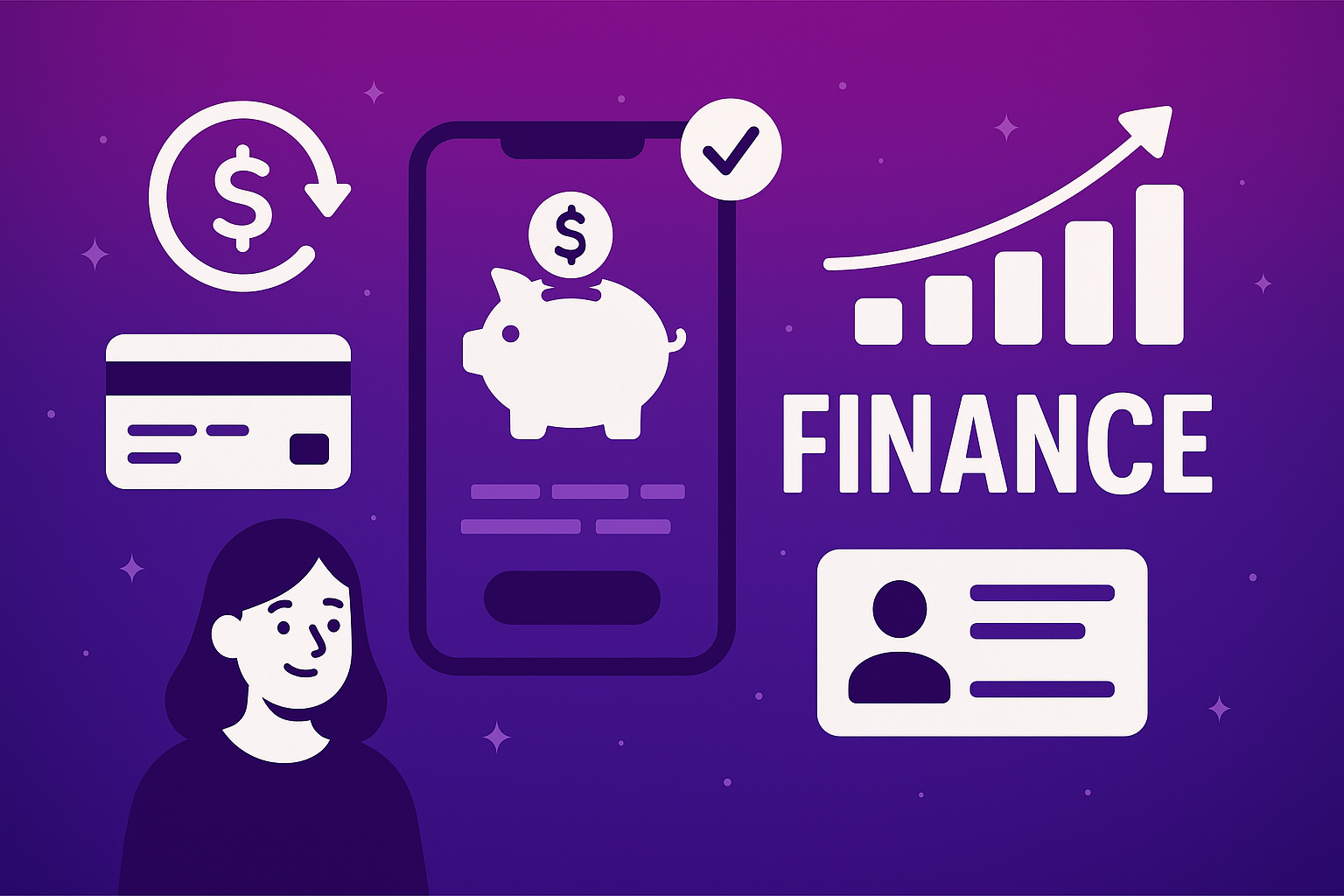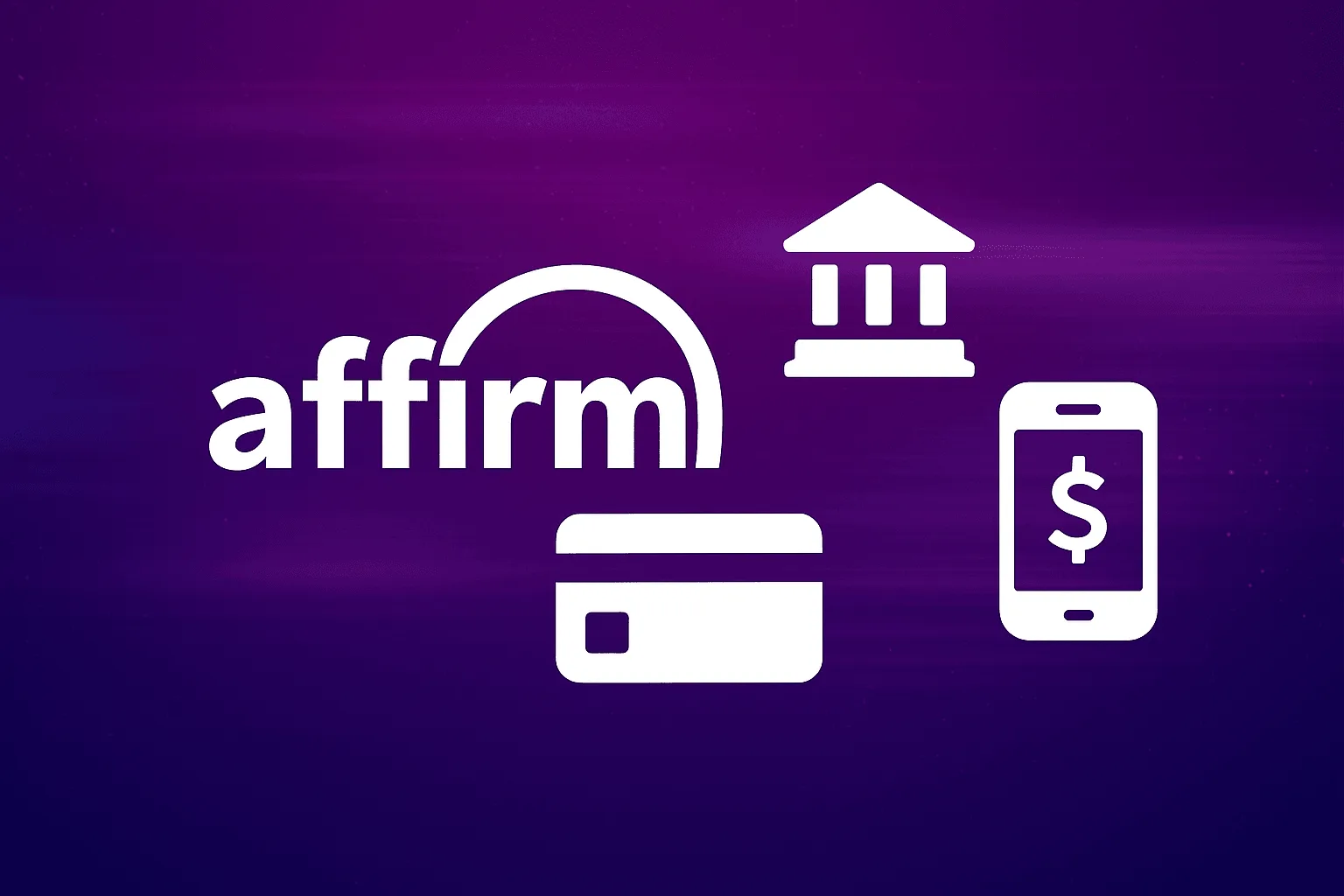Affirm is one of the most recognisable fintech companies in the United States, having redefined how consumers think about credit. As a pioneer in the buy now, pay later (BNPL) sector, Affirm’s approach focuses on transparency, flexibility, and fixed instalment terms.
It removes the complexity and hidden charges of traditional credit cards, offering an upfront repayment structure that empowers users to manage their spending with greater clarity.
The company has become a key player in ecommerce and point-of-sale financing, partnering with some of the largest merchants in the country to deliver a seamless, trusted lending experience.
What Is Affirm and How It Works
Affirm offers point-of-sale loans that allow customers to split their purchases into predictable, fixed monthly payments. These instalment plans are available directly at the checkout, both online and in-store. Consumers can select Affirm as a payment option, undergo a soft credit check that does not impact their credit score, and receive an immediate decision with clear terms.
Depending on the merchant and loan size, Affirm may offer zero-interest financing or charge simple interest with no compounding and no late fees. Once the plan is accepted, the purchase is completed and the borrower repays Affirm over the agreed term, typically ranging from three to thirty-six months.

Unlike traditional revolving credit, which can lead to debt accumulation through minimum payments and interest stacking, Affirm structures repayment around financial discipline. The platform communicates clearly how much a customer owes, when it is due, and what the total cost will be. This model is designed to promote trust and prevent unexpected financial pressure.
Affirm: Business Model and Revenue Sources
Affirm’s revenue model is built around three core pillars: merchant fees, consumer interest, and capital markets activity. Merchants who offer Affirm at checkout pay a percentage of the transaction value to use the service. This fee varies by merchant size and product category but is generally viewed as an investment in conversion and customer lifetime value.
Affirm’s lending increases average order values and reduces cart abandonment, making it commercially attractive for retailers.
Consumers also contribute to revenue in cases where interest-bearing loans are used. These loans apply fixed interest rates depending on the customer’s creditworthiness and loan term. Importantly, Affirm does not charge late fees, service charges, or penalties, maintaining its reputation as a consumer-first lender.

Additionally, Affirm sells portions of its loan portfolio to institutional investors, generating revenue through origination, servicing, and interest income on securitised assets. This strategy allows Affirm to recycle capital efficiently and maintain lending capacity without holding all credit risk on its balance sheet.
Affirm: Strategic Positioning in the BNPL Ecosystem
Affirm operates in a competitive landscape that includes Klarna, Afterpay, PayPal, and Apple Pay Later. However, it stands out by focusing on higher-value purchases and long-term repayment options. Rather than limiting itself to small-ticket retail transactions, Affirm finances larger and more intentional purchases in sectors such as electronics, home fitness, travel, and healthcare. It is the exclusive BNPL partner for brands like Peloton and has a prominent integration with Amazon, which significantly expands its market exposure.
This positioning enables Affirm to target more affluent or credit-conscious consumers, as well as merchants looking to convert bigger sales. The strategy also supports differentiation through risk-adjusted pricing and responsible lending, helping Affirm avoid the saturation that plagues many low-margin, fast-fashion-focused BNPL competitors.

Infrastructure, Technology, and Product Integration
At the core of Affirm’s platform is a proprietary underwriting system that combines traditional credit scoring with alternative data, behavioural signals, and machine learning. This system enables real-time credit decisions that are both inclusive and accurate, allowing Affirm to extend financing to users who may not have a strong credit file but demonstrate responsible financial habits.
Affirm’s infrastructure supports seamless integration with ecommerce platforms such as Shopify and Salesforce. Merchants can enable Affirm with minimal technical effort, and users benefit from instant decisions at checkout. The company also offers a virtual card product that allows users to finance purchases from merchants that are not directly partnered with Affirm.
In addition, the Affirm mobile app includes account management tools, payment reminders, and budgeting features, creating a user experience that is accessible and informative.

The Affirm Debit+ card marks a significant step into everyday spending. It allows users to make purchases using their linked bank account and later opt to split eligible transactions into instalments. This blend of debit and credit is an innovative response to the growing demand for flexible spending, particularly among younger users wary of traditional credit products.
Market Headwinds and Regulatory Challenges
Despite strong growth, Affirm is navigating several headwinds. Rising interest rates have increased the cost of capital, making it more expensive to fund loans and pressuring margins. Macroeconomic uncertainty and inflation have also impacted consumer repayment behaviour, with delinquencies climbing in recent quarters. While Affirm’s risk models are adaptive, the operating environment requires careful management of credit exposure and liquidity.
Regulatory scrutiny is increasing as BNPL becomes more mainstream. In the United States, the Consumer Financial Protection Bureau has signalled greater oversight of BNPL providers. Key areas of focus include the clarity of disclosures, consumer over-indebtedness, data privacy, and the impact of non-traditional lending on credit health.

Affirm has taken proactive steps, including reporting user activity to credit bureaus and enhancing transparency within its app, but it will likely need to adapt to tighter compliance frameworks in the near future.
Expansion Beyond BNPL
Affirm’s long-term vision extends well beyond buy now, pay later. It is positioning itself as a comprehensive financial platform for the modern consumer. This includes savings products, personalised spending tools, and embedded lending APIs for enterprise partners. The company is developing tools to manage subscriptions, track recurring payments, and help users understand their cash flow. It is also investing in fraud detection, automation, and AI-powered financial coaching to deepen engagement and improve outcomes.
These developments signal a clear ambition to move from transactional credit towards full-stack digital finance. If successful, Affirm could become not just an alternative to credit cards, but a daily-use financial companion for millions of users.

A New Credit Paradigm
Affirm’s success has come from challenging legacy credit models with a transparent, tech-driven, and consumer-aligned alternative. By removing late fees, eliminating revolving balances, and embedding financing directly into the shopping experience, it has created a new standard for responsible borrowing.
As competition intensifies and regulators raise expectations, Affirm’s ability to balance growth, trust, and innovation will be key to its future.














